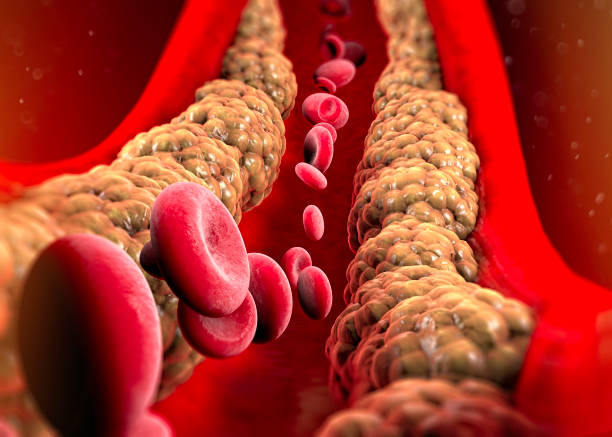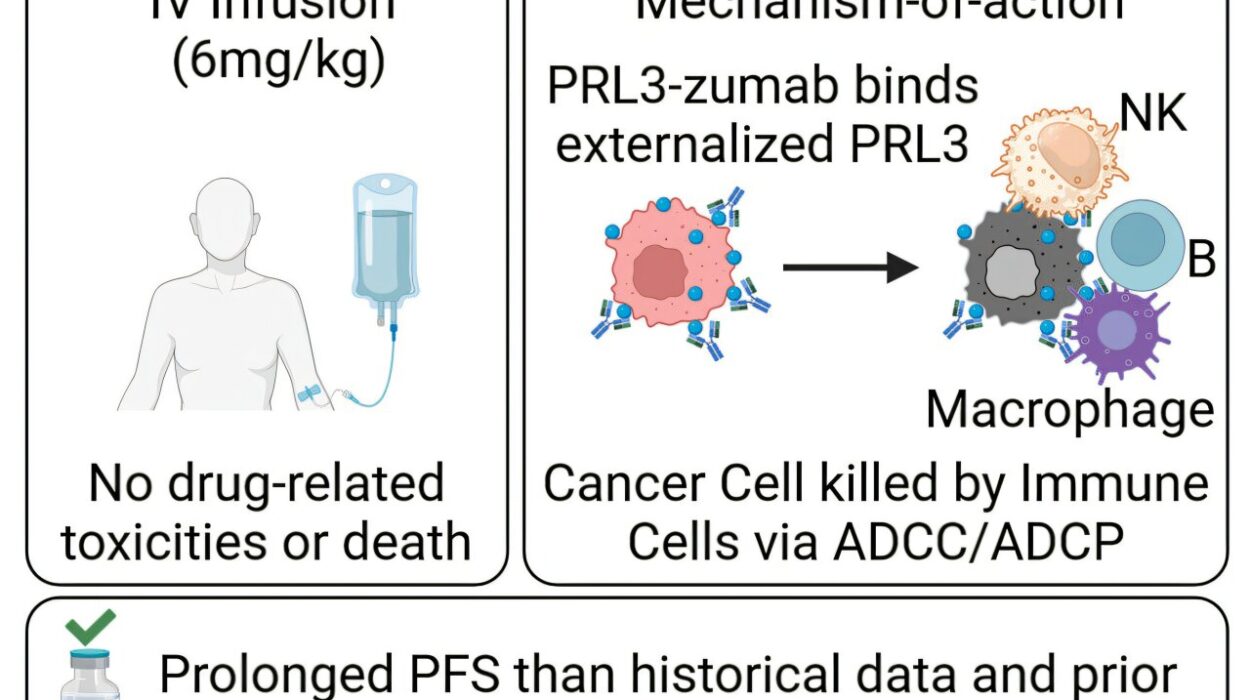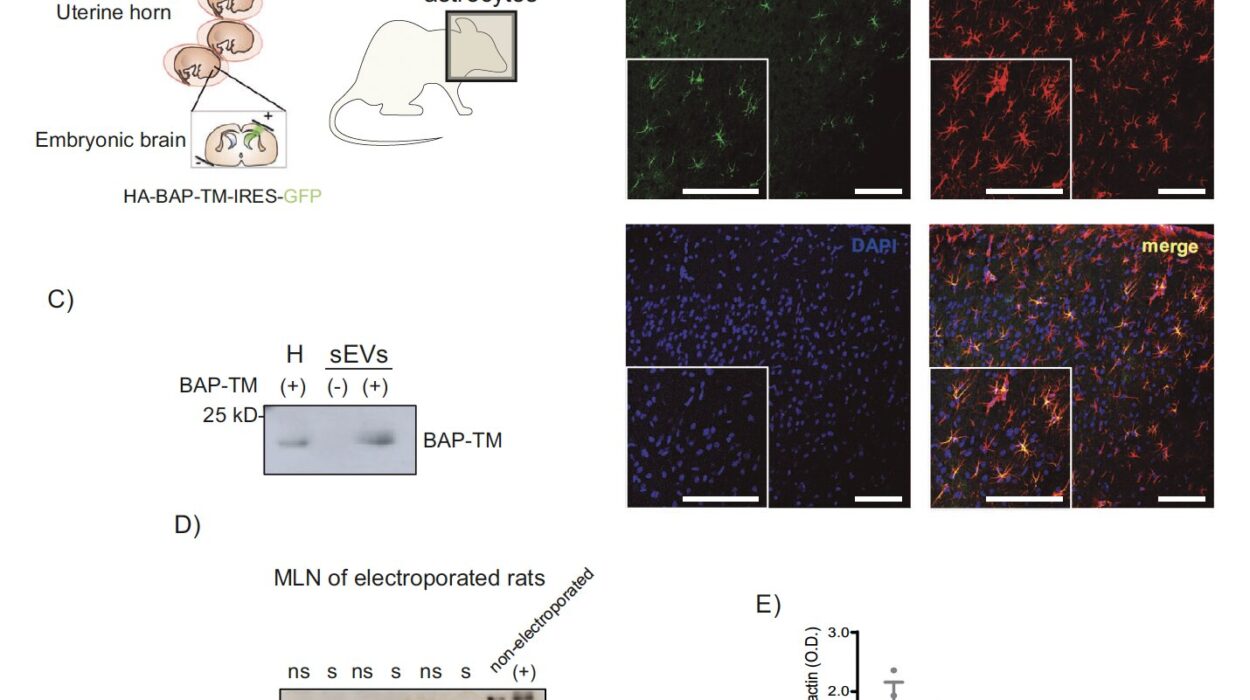Imagine for a moment that you’ve inherited a genetic condition that leaves you battling an invisible force within your body, one that steadily raises your cholesterol levels and puts you at risk for a host of heart-related issues. For roughly 1 in 250 people, this is a daily reality. It’s a genetic disorder known as heterozygous familial hypercholesterolemia (HeFH), a condition that causes high levels of low-density lipoprotein (LDL) cholesterol, the “bad” cholesterol. If left untreated, HeFH can lead to early and often dangerous heart disease. But for the first time, researchers believe they may have found a solution in a new cholesterol-lowering pill, Enlicitide.
For years, people with HeFH have faced the challenge of managing their cholesterol levels through diet, statins, and other lipid-lowering medications. But now, early trials of Enlicitide, developed by the pharmaceutical giant Merck, have shown impressive results, sparking hope that this new drug could help reduce the risks faced by millions of people living with this condition.
How It Works: A New Kind of Cholesterol Fighter
The science behind Enlicitide hinges on a crucial protein in the body called PCSK9. In a healthy system, PCSK9 works by binding to receptors in the liver that clear LDL cholesterol from the bloodstream. But in people with HeFH, this process is faulty, leading to dangerously high levels of LDL cholesterol. Enlicitide, however, acts like a bodyguard for those liver receptors. By blocking the action of PCSK9, the drug helps the liver clear LDL cholesterol more effectively, lowering levels of this harmful substance in the blood.
This approach is not entirely new—other PCSK9 inhibitors have been developed in recent years. But what makes Enlicitide stand out is the promising results seen in early trials, particularly in how well it works in people who are already on statins or other cholesterol-lowering medications. This sets the stage for a possible new treatment option for those who still struggle to manage their cholesterol with current therapies.
The Trial: Results That Speak for Themselves
To test the effectiveness of Enlicitide, researchers conducted a 52-week phase 3 randomized clinical trial involving 303 adults from 17 different countries. All of the participants had HeFH and were already taking statins or other lipid-lowering treatments. In this trial, patients were randomly assigned to one of two groups: one received a daily 20 mg dose of Enlicitide, while the other received a placebo—a pill with no active ingredients. Neither the participants nor the doctors knew who was taking what.
What happened next was nothing short of remarkable. After just 24 weeks, patients who had been taking Enlicitide saw their LDL cholesterol levels drop by an average of 58.2%. Meanwhile, the placebo group showed almost no change. By the end of the full 52-week trial, the results were even more striking. Enlicitide patients experienced a 55.3% drop in their LDL cholesterol, while the placebo group saw an alarming rise of 8.7% in their cholesterol levels.
But that’s not all. The drug also showed an ability to lower other types of cholesterol particles that contribute to heart disease. Apolipoprotein B, a protein that transports lipids in the bloodstream, dropped by 48.2% in those taking Enlicitide. Lipoprotein (a), another risk factor for cardiovascular disease, fell by 24.7%.
These numbers aren’t just numbers—they represent a major step forward in the fight against heart disease, particularly for those with HeFH, a condition that often leaves patients vulnerable to early heart attacks and strokes.
The Promise of a Longer-Term Solution
Despite these promising results, the researchers aren’t resting on their laurels just yet. Their next goal is to determine whether these dramatic reductions in cholesterol translate into fewer heart attacks, strokes, and other cardiovascular events in the long term. This is a key question in the medical community, as many treatments show short-term success but fail to reduce the risk of major health events over time.
Additionally, the ongoing trials are expanding to include a broader population of high-risk patients—not just those with HeFH. This will help scientists understand whether Enlicitide can help people who may not have a genetic predisposition to high cholesterol but still face increased cardiovascular risk due to factors like diet, lifestyle, or other medical conditions.
Why This Research Matters
For the millions of people living with familial hypercholesterolemia, Enlicitide’s results are a glimmer of hope. HeFH, though a genetic condition, is something that often flies under the radar, leaving patients to manage high cholesterol levels for a lifetime. Those with this condition can develop atherosclerosis—fatty deposits in the arteries that lead to dangerous narrowing of blood vessels—leading to a higher risk of heart disease and stroke.
For these individuals, the current treatments are not always enough. Statins and other lipid-lowering therapies can help, but they don’t always bring cholesterol down to safe levels. Enlicitide, with its ability to lower LDL cholesterol by more than half, offers a new weapon in the fight against this devastating condition. It’s a potential game-changer for anyone who has ever felt their cholesterol levels might spiral out of control, no matter how hard they’ve tried to manage it.
In addition, Enlicitide’s ability to lower other harmful cholesterol particles offers hope for broader cardiovascular protection. If the ongoing trials confirm that this drug can lead to fewer heart attacks and strokes, it could become a vital part of the treatment landscape, not just for people with HeFH, but for a wide range of high-risk patients.
While much work remains to be done, the early data suggests that Enlicitide could offer a fresh, more effective solution for those at risk of the deadly consequences of high cholesterol. In a world where heart disease remains a leading cause of death, breakthroughs like this one are more than just promising—they’re lifesaving.
This research is more than a scientific milestone; it’s a potential lifeline for those struggling to keep their cholesterol in check and protect their hearts. As we await further results, the hope is that Enlicitide will one day provide a new chapter in the treatment of cardiovascular disease, one where fewer people have to suffer from its devastating effects.
More information: Christie M. Ballantyne et al, Efficacy and Safety of Oral PCSK9 Inhibitor Enlicitide in Adults With Heterozygous Familial Hypercholesterolemia, JAMA (2025). DOI: 10.1001/jama.2025.20620






